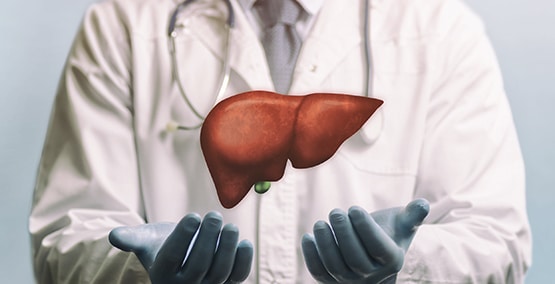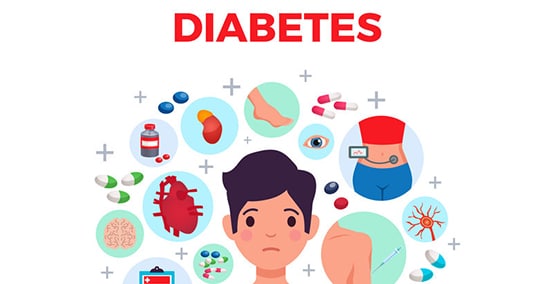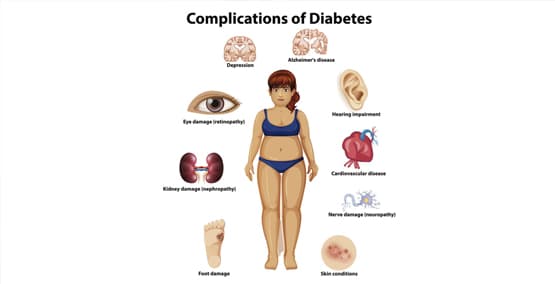
Shwachman-Diamond syndrome
Shwachman-Diamond Syndrome (SDS) is rare inherited condition that mostly affects the:
- bone marrow
- pancreas
- bones
An abnormal gene (known as the SBDS gene) from each parent is passed on to a child. The two genes together cause the making a protein (SBDS protein) that interferes with how the tissues function.
Pancreas problems in Shwachman-Diamond Syndrome
In SDS, the pancreas does not produce enough digestive enzymes to help breakdown and use the nutrients from food. This condition is known as exocrine pancreatic insufficiency (EPI) .

Those with EPI often have:
- fatty, foul-smelling stools
- malnutrition
- malabsorption
- poor weight gain
Fortunately, the pancreatic problems can be improved by pancreatic enzyme replacement therapy (PERT) and extra vitamins.
Bone problems in Shwachman-Diamond Syndrome
In SDS, problems with bone formation and growth often affects the hips and knees. Many will have low bone density and poor growth so they are often shorter than their friends. Some infants have narrow rib cage and short ribs causes breathing problems that can be life threatening.
Bone marrow problems in Shwachman-Diamond Syndrome
The bone marrow does not function properly leading to a decrease in the production of some or all of its white blood cells. A decrease in the number of neutrophils, (type of white blood cell) known as neutropenia, can increase the likelihood of bacterial infections such as pneumonia, skin and ear infections. Less commonly, the bone marrow malfunction can lead to a decrease in the number of red blood cells and platelets or to leukemia. The decrease in number of red blood cells can lead to anemia which causes weakness, pallor and fatigue. The decrease in the number of platelets can result in easy bruising and abnormal bleeding. Medications can stimulate the bone marrow to make more red and white blood cells. Blood transfusions and platelets can help and when necessary, stem cell transplantation can be done.
How Parents Can Help
Parents can love, nurture and support their children with Shwachman – Diamond Syndrome, and make sure they get the medical attention they need for their blood and bone disorders.
The good news is that parents can
- Load up on healthy calories at meals and snacks
- Balance the protein and calories with pancreatic enzymes at meals and snack time to replace what's missing.
- Supplement with Vitamins A, D, E and K, since extra is needed because of their poor absorption.




